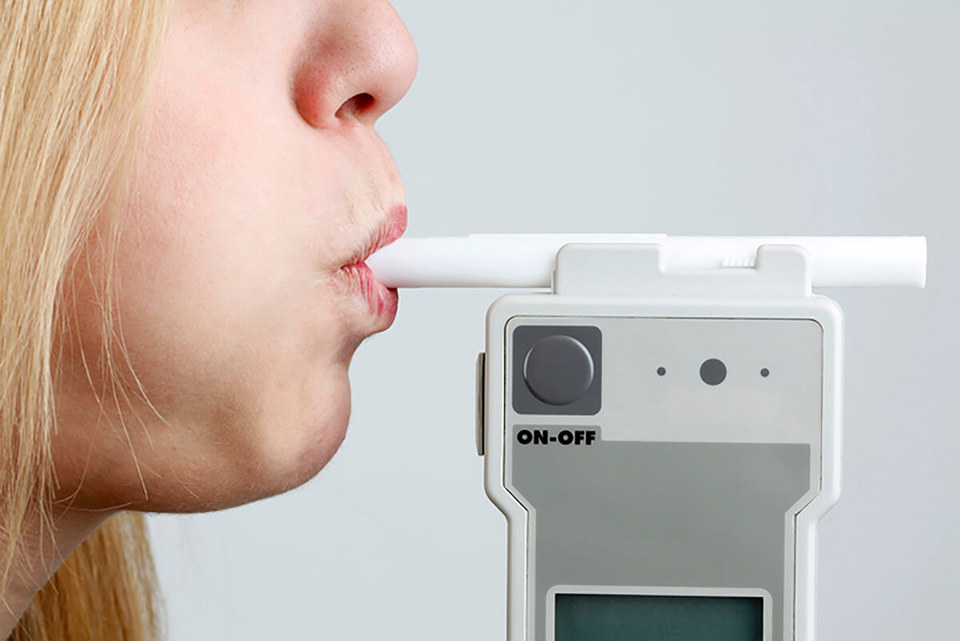Fleet managers are being urged to revisit company policies on drink-driving in response to a rise in fatalities.
Department for Transport (DfT) provisional figures issued last month for 2011 showed the number of people killed and seriously injured because of drink-driving rose by 5% to 1,570. It accounts for more than half of the increase in road deaths.
Road safety charity Brake says drink-driving is responsible for five deaths per week and total costs in the UK reach £728 million a year.
The DfT figures also showed the number of people killed while driving for work (driver, passenger or other casualty) has also increased since 2010 and now accounts for 29% of the total 1,901 fatalities (559 people).
Meanwhile, the number of serious injuries as a result of driving for work has fallen year-on-year, from 5,281 to 5,197 and now accounts for 22% of the total (23,122).
Roger Singer, director at drug and alcohol road safety charity DDE+, is urging fleet managers to revisit their company policy on drink and drug-driving and make sure key questions are answered during the process, including;
- Who does the policy apply to – just drivers or all staff, including senior management?
- Who is responsible for the policy – the fleet manager or HR?
- What blood/alcohol level should companies set – the legal limit or zero?
- What is the process if a driver is over the limit?
- What education will be in place to explain why drivers should comply and conform to the policy?
Singer believes deciding how to test drivers is a crucial step in managing drink-driving and companies need to decide if they want to carry out random testing or to test only when they suspect a driver is under the influence.
A recent Fleet News poll asked fleets how often they tested company drivers for alcohol – 76% said they never did.
According to Ean Lewin, managing director at corporate employee alcohol and drug testing specialist Dtec International, testing regimes produce results.
He advises fleets to wait until they have all the facts before starting any disciplinary processes.
“The employee is innocent until proved otherwise and the disciplinary process has concluded,” Lewin said. “You need to remember the majority of the workforce is innocent.”
On average, it takes one hour to break down one unit of alcohol but this can vary as weight, sleep and the amount of food eaten all have an impact.
Morning-after drink-driving was identified at a recent Brake seminar as a key issue for fleets, especially around educating drivers on when they are fit to drive.
“People don’t know the dangers of driving in the morning after drinking – we want people to make informed and smart decisions,” said Ellie Pearson, senior development officer at Brake.
According to DDE+, one in five drivers are convicted the morning after on the way to work and 8-14 million days a year are lost through drugs and alcohol, 42% of which are Mondays.
DfT figures have also revealed that the number of deaths involving a driver commuting to and from work have risen to 225.
Over the past five years, 1,297 people have died in this way. Meanwhile, commuters were involved in 2,855 serious injuries in 2001; 15,163 over the past five years.
However, commuting remains a grey area when it comes to road safety, with few companies including it in their fleet policies.


















GrumpyOldMen - 02/11/2012 16:23
There is nothing at all "grey" about commuting until such time as DfT and HMRC do some joined-up thinking and move the goalposts.